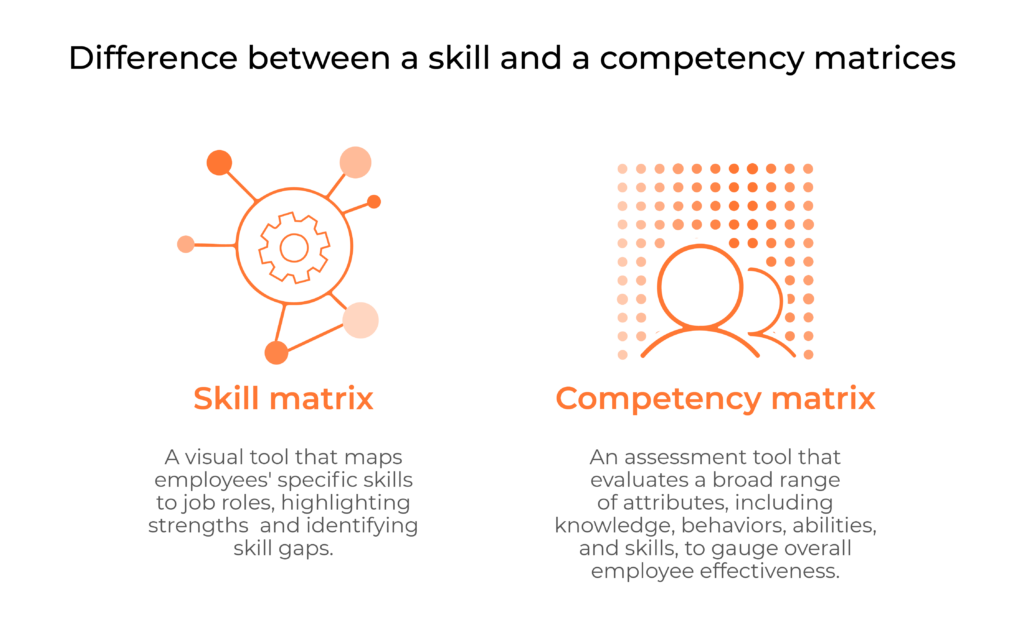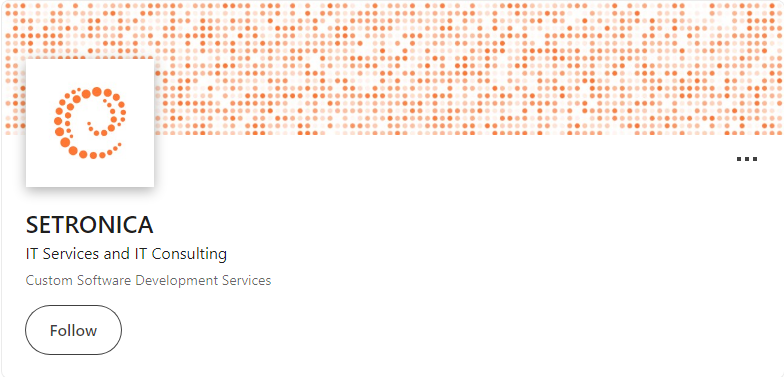
7 Ways to Become A Better Software Engineer Mentor
Kristijan Pušić | July 1st, 2024
Continuous learning and mentorship in IT has always been a cornerstone of a software developer’s career. From the dawn of computing at the end of World War II to the present day, developers have consistently been evaluated on their ability to continuously learn and mentor others.
Being a good mentor is being able to continuously learn new things and share them with mentees. In this article, I will discuss 7 ways to stay up to date and improve as a software engineer mentor in today’s IT environment.
1. Embrace performance management software
Performance management software is an essential tool for mentors to use effectively in their day-to-day work. Many IT companies still don’t leverage these tools that integrate with platforms like Jira and Git to track developer performance in one place.
These tools can highlight areas where code review bottlenecks occur. For example, such as when pull requests are left unapproved for extended periods of time. Usage of automatic acceptance of PRs is definitely a way to go.
Performance management software helps mentors and C-level executives get faster, more accurate insights into development progress, bringing business objectives closer to the development process.
Mentors inside an IT company are the ones that need to drive this change. Mentors are responsible for this know-how on what statistics are relevant and important to one developer. How they relate to each other and their overall effect on the business part of any project.
2. Incorporate JobEQ assessments
JobEQ assessments should be a fundamental part of the human resources department toolkit. It is very much needed, especially for guiding developers through their careers. These JobEQ assessments provide insights into personal strengths, work styles, and areas for development.
They enable mentors to tailor their guidance more effectively. Regularly using JobEQ assessments can help mentors support their mentees in navigating their career paths with greater clarity and confidence.

We have four types of mentors, with each of them having their own JobEQ measured skill set. Career and technical mentors go alongside motivational mentors and mentor innovators.
3. Use quality competency matrices
Competency matrices are invaluable for tracking a developer’s career progression. These matrices provide a clear framework for evaluating skills across various dimensions, ensuring that both technical and soft skills are developed systematically. By employing competency matrices, mentors can create personalized development plans that align with both the company’s needs and the individual’s career goals.

4. Contribute to an IT company blog
Sharing knowledge through blog posts not only positions you as a thought leader but also helps you articulate complex concepts clearly and concisely. This practice can refine your ability to explain ideas to your mentees and provide valuable content that benefits the broader development community.
It is a good thing to plan topics with a mentee. Those topics need to collide with postings on a company blog. To start a new topic with the mentee in this way helps build a long term relationship with a mentee. It’s handy to prepare a few months of topics ahead of time.
5. Engage on LinkedIn
Usually people avoid speaking their mind publically, so breaking this barrier is crucial for further development. Staying active on platforms like LinkedIn is crucial for a software engineer mentor. Commenting on industry-related posts, sharing insights, and participating in discussions can broaden your perspective and keep you updated on the latest trends. Setronica’s LinkedIn page is a good example of building a professional community.

Firstly, engaging with the community helps build your professional network. Secondly, it provides additional resources and perspectives that you can bring back to your mentorship. Having built a quality networking platform account is essential for any mentor and IT company they work for.
Benefits for the IT company on business levels are obvious and measurable in this case. Mentees need to pick up good habits from their mentors! Luckily, it happens by itself, since mentees often emulate the habits of their mentors.
6. Create and participate in an IT mentorship program
Actively participating in structured mentorship programs can also enhance your skills. These programs often provide frameworks and best practices that can be adapted to your mentorship style. Engaging with other mentors and mentees within these programs can offer new perspectives and techniques, enriching your mentoring approach. If your IT company still doesn’t have a mentorship program up and running, it is a good idea to make one.
7. Seek continuous feedback and improvement
Feedback is not only for mentees but also for mentors. Regularly seek feedback from your mentees and peers to understand areas where you can improve. This iterative process of receiving and acting on feedback ensures that you remain an effective and evolving mentor.
Conclusion
By working on these 7 suggested practices, software engineer mentors can significantly enhance their effectiveness. In the end, benefiting their mentees and the broader IT organization. Mentorship itself is a dynamic and reciprocal relationship that requires ongoing commitment and adaptation from participants. As the tech industry continues to evolve, so too must the approaches we take to mentor the next generation of software developers.
I hope I helped some mentor out here. Please reach me via the form below if you have any suggestions.
FAQ
How can mentors effectively use performance management software to support their mentees?
Mentors can use performance management software to identify bottlenecks in the development process, track the progress of pull requests, and gain insights into areas where mentees may need additional support. These tools facilitate data-driven mentoring, enabling more targeted and effective guidance.
What are the benefits of using JobEQ assessments in mentoring?
JobEQ assessments offer detailed insights into a developer’s strengths, weaknesses, and work preferences. By incorporating these assessments, mentors can provide personalized advice that aligns with the mentee’s unique profile, ultimately fostering more effective career development and growth.
Why are competency matrices important for tracking career progression?
Competency matrices provide a structured framework for evaluating and developing both technical and soft skills. They help mentors create clear development plans, ensuring that mentees progress systematically and are prepared for future career opportunities.
Ready to Enrich Your Team?

Kristijan Pušić
IT consultant and Business developer
Our consultant is at your disposal from 9 AM to 5 PM CET working days from Monday to Friday for any additional questions.
Recent Posts
- How AI Recognizes Waste: Smart Recycling Technologies in Action
- Rapid Hypothesis Testing for Driver Retention in Delivery Service
- How Setronica Created an AI Slack Bot, Part 3: Putting Our Bot to Work
- Building a Reliable Monthly Accrual Report: Overcoming Challenges and Implementing Solutions
- From Chaos to Clarity: Transforming Promo Code Management
